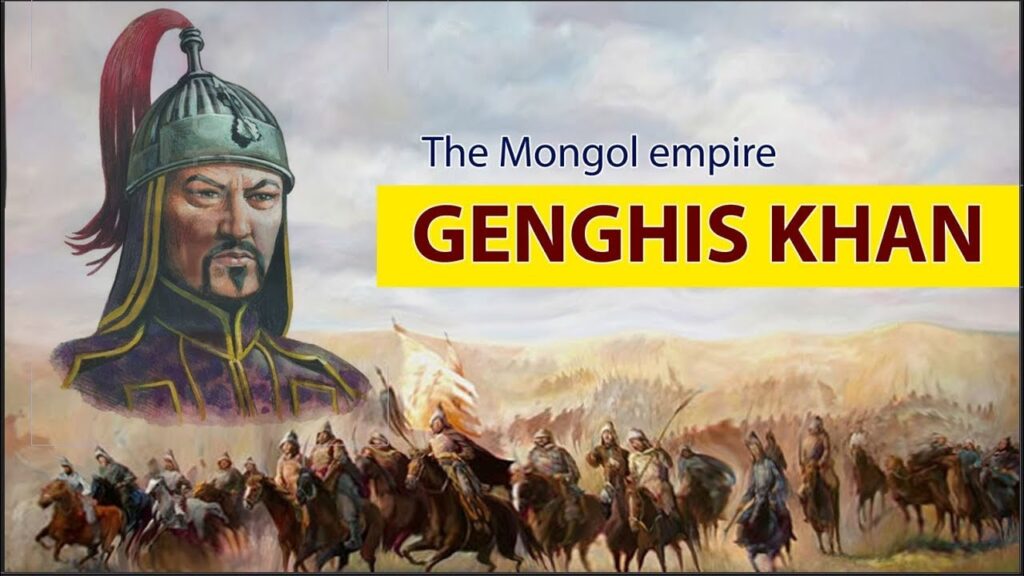The Mongol Empire, led by Genghis Khan, was a formidable force in the early 13th century, known for its ruthless conquests and efficient military tactics. Genghis Khan’s rise to power, from humble beginnings to one of history’s most feared conquerors, set the stage for the empire’s expansive territory extending from China to Eastern Europe. The Mongol army’s disciplined and organized approach, utilizing cavalry units and archers, allowed for successful conquests in regions such as China, Russia, Persia, and Central Asia. Despite the destruction caused, the empire’s influence brought about cultural exchanges, trade networks, and technological advancements that continue to shape global history today.
The Mongol Empire: Genghis Khan’s Ambitious Military Campaigns and Their Far-Reaching Impact
Introduction
The Mongol Empire, founded by Genghis Khan in the early 13th century, was one of the largest empires in history. Known for its ruthless conquests and efficient military tactics, the Mongol army expanded its territory from China to Eastern Europe, firmly establishing itself as a dominant force in the world. Genghis Khan’s ambitious military campaigns played a crucial role in shaping the course of history and leaving a lasting impact on the regions it conquered.
Genghis Khan’s Rise to Power
Genghis Khan, born as Temüjin in 1162, rose from humble beginnings to become one of the most feared and respected conquerors in history. After facing numerous hardships and betrayals in his early life, Genghis Khan united the Mongol tribes under his leadership and embarked on a mission to conquer neighboring lands.
Military Campaigns
Genghis Khan’s military campaigns were characterized by swift and brutal attacks, utilizing cavalry units and archers to overwhelm enemy forces. The Mongol army was known for its discipline, organization, and adaptability, making it a formidable opponent on the battlefield. Genghis Khan’s conquests extended from China to Russia, Persia, and Central Asia, as he sought to expand the Mongol Empire and establish his dominance in the region.
Impact on Conquered Regions
The Mongol Empire’s conquests had far-reaching impacts on the regions it conquered. While the empire’s conquests led to immense destruction and loss of life, they also brought about cultural exchanges, trade networks, and technological advancements. The Silk Road, a major trade route connecting East and West, flourished under Mongol rule, facilitating the exchange of goods, ideas, and technologies between different civilizations.
Legacy of the Mongol Empire
The Mongol Empire left a lasting legacy that continues to influence global history to this day. Genghis Khan’s military tactics and strategies have been studied and emulated by military leaders throughout history, while the empire’s vast territories and cultural exchanges laid the groundwork for future developments in science, art, and politics. The Mongol Empire’s impact can still be seen in the cultural and linguistic diversity of the regions it once ruled, highlighting the lasting legacy of Genghis Khan’s ambitious military campaigns.
Conclusion
The Mongol Empire, founded by Genghis Khan through his ambitious military campaigns, was a powerful and influential force in the world. Genghis Khan’s conquests shaped the course of history and left a lasting impact on the regions he conquered, leading to cultural exchanges, trade networks, and technological advancements. The legacy of the Mongol Empire continues to be felt today, serving as a reminder of the ambitious military campaigns and far-reaching impact of Genghis Khan and his Mongol army.
